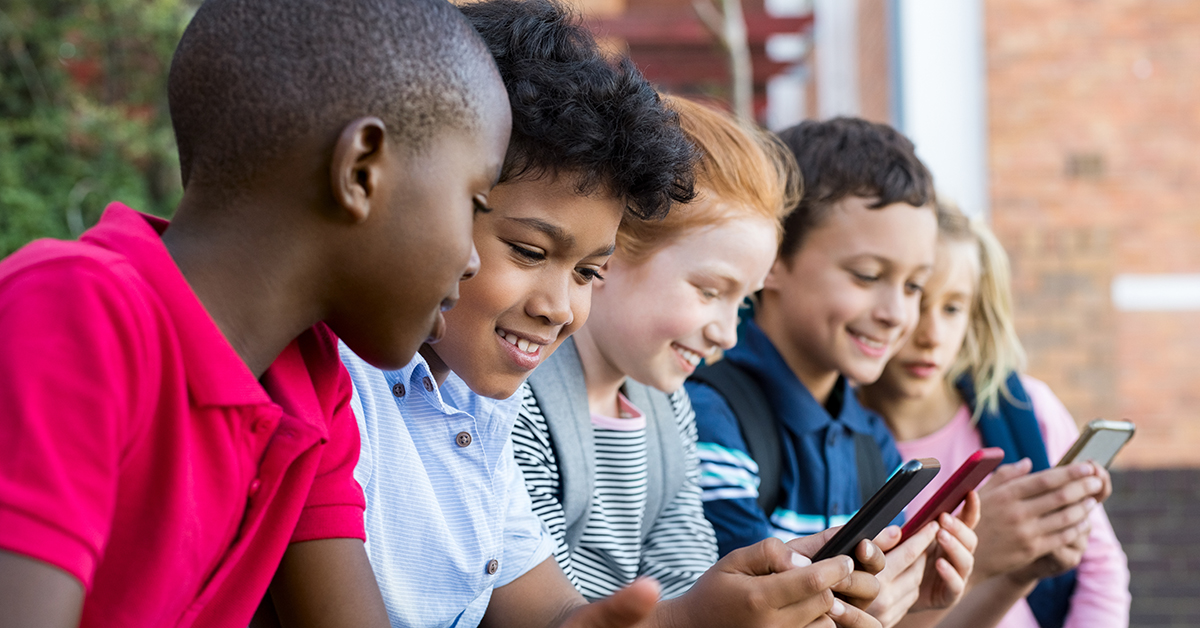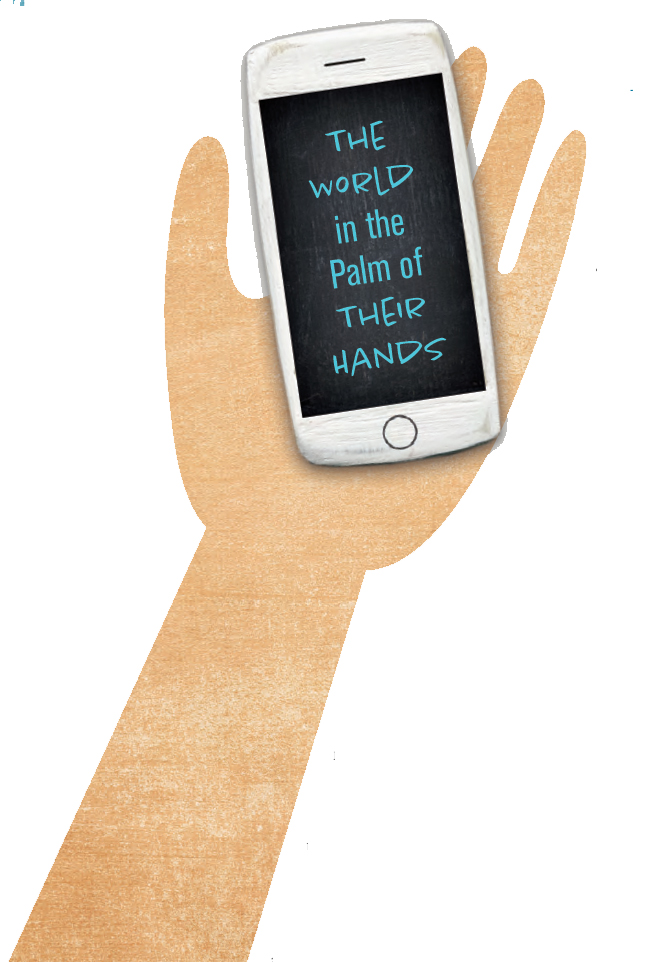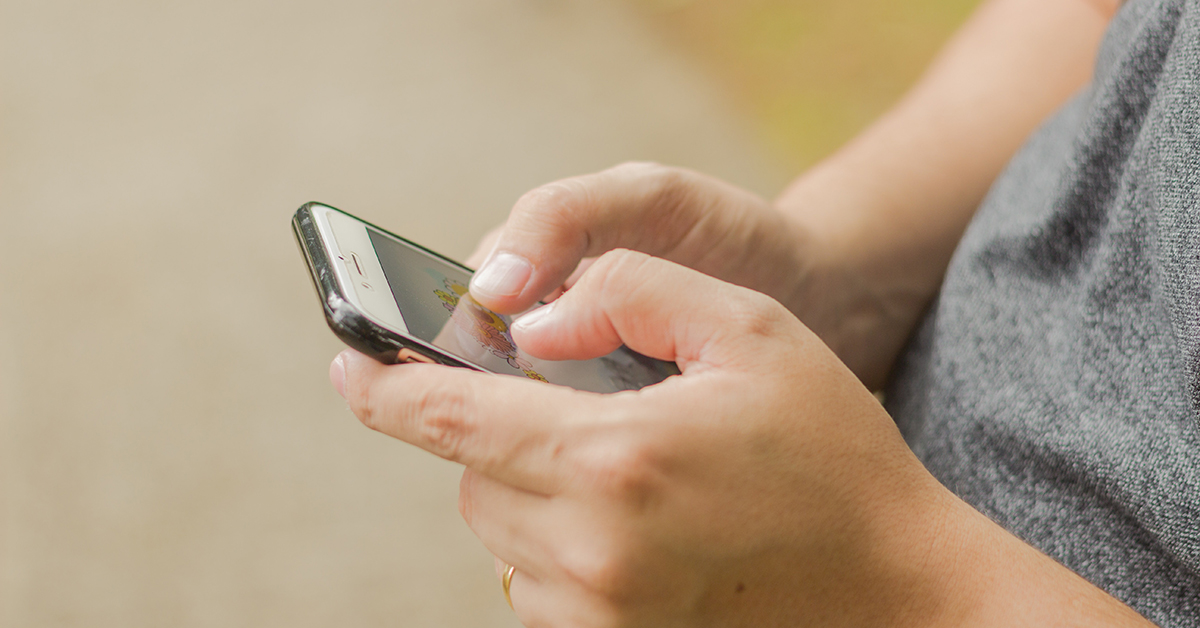Smartphone Use Likely Contributes to Behavioral Health Issues

Kade Abbe is your average 12-year-old boy. He likes to watch gaming videos on YouTube. He likes to message his friends. And, like most of his peers, he does all of this on his smartphone.
“All the kids at school have phones,” Kade said.
His mother, Sandy Abbe, worries he’s part of a generation that may be losing the ability to interact with other people.
“I feel like we’re less connected, even though we’re more connected,” Sandy said. “My kid can tell me anything through text — he’ll let me know how he feels. But when we’re face to face, it’s like he can’t vomit everything he wants to tell me. So, we have a disconnect there, even though we have all this connectivity.”
Muhammad Khalid Zafar, MD, assistant professor in the TTUHSC School of Medicine Department of Psychiatry at Permian Basin, specializes in child and adolescent psychiatry. He says he frequently sees direct evidence of smartphones and social media affecting teens’ and tweens’ mental health.

“We are at a stage where we do not know exactly how much impact they have on the brain,” Zafar said. “We still need a few years of research to find out the effects of smartphones, but early research is indicating they not only affect sleep, they affect mood, behavior and lead to difficulties with attention and concentration. In our clinical practice, we routinely see kids experiencing difficulty sleeping with excessive use of smartphones.”
On school nights, Kade has to leave his phone in his parents’ room, but on weekends, he’s allowed to have it in his room like his 18-year-old brother, Christian Acevedo, for whom the rules are more relaxed. Their mother says there are stark differences.
“In the morning, he’s moody and doesn’t want to wake up,” Sandy said. “The phone plays a part in it, and I’m just as guilty. I’ll wind down by playing a crossword puzzle or checking Facebook. And then you get sucked in and, by the time you realize it an hour later, you still haven’t wound down because you’re still scrolling through your feed. It’s scary the amount of time we spend on our phones.”
Zafar said kids who use smartphones excessively are likely copying the behavior they see in their parents, to some extent.
“We see a fair percentage of addiction signs in adolescents who are continuously using smartphones — unable to leave it, excessive use of the smartphone, anxiety if they don’t have it,” Zafar said. “In terms of behavioral problems, the irritability and anger can lead to agitation, aggression, sometimes depression and anxiety, and, a lot of times, it leads to conflict with the parents.”
Kade said he’s heard stories from peers who have gotten in trouble with their smartphones, particularly for winding up on websites they’re not supposed to be on, which he said “happens constantly and all the time.”
“It’s good to have discipline when it comes to the internet,” he added. “If our smartphone use isn’t monitored, you don’t know what we can have access to.”
Numerous media reports over the years have suggested a link between social media and an increased suicide risk in teens. While Zafar said credible research is still needed to support this, the risks are still concerning.
“We know adolescent depression (is increasing),” he said. “One symptom is low self-esteem, and, obviously, with depression comes the risk of attempting or completing suicide.”

For Sandy, it’s an uncomfortable realization that allowing her sons to use smartphones could ultimately harm them.
“I’m paying for them to have the whole world in the palm of their hands — including porn, including everything negative,” she said. “That’s the biggest risk — you could lose your kids to some kind of addiction. It’s just scary. There are so many evil things in the world you could lose them to.”
But, Zafar said, this doesn’t mean parents should try to eliminate smartphones completely either.
“This is not something you can avoid completely. You cannot say, ‘My kid is not going to have a smartphone ever.’ It’s going to happen (at some point),” Zafar said. “(Elimination) can have its own consequences. Kids who do not have smartphones are more likely to be a target for bullying.
“What I think is most important is considering the intellectual level of the child, gradually introducing it but keeping a close eye, monitoring their smartphone use closely, and setting boundaries.”
He recommends implementing a set time after which smartphone use is not allowed and only allowing kids to visit certain websites or forums.
“Limit the use and monitor closely,” Zafar said. “Research indicates parental participation and support is vital. Parents need to establish limitations and closely monitor usage.
“But if you start seeing signs of depression, anxiety or any (potential) mental health problems, seek advice from a mental health professional.”
Sandy’s smartphone rules:
For her12-year-old son, Kade:
- Parents must approve any app downloaded.
- No social media or apps rated age 13 or over— including Snapchat and Instagram.
- Phone stays in parents’ room on weeknights.
For her18-year-old son, Christian:
- Allowed to use social media, including Facebook, Snapchat and Instagram.
- No phone after bedtime, which ranges between 10 and 11 p.m.
For the family:
- No one in the family is allowed to use their smartphone during dinner.

